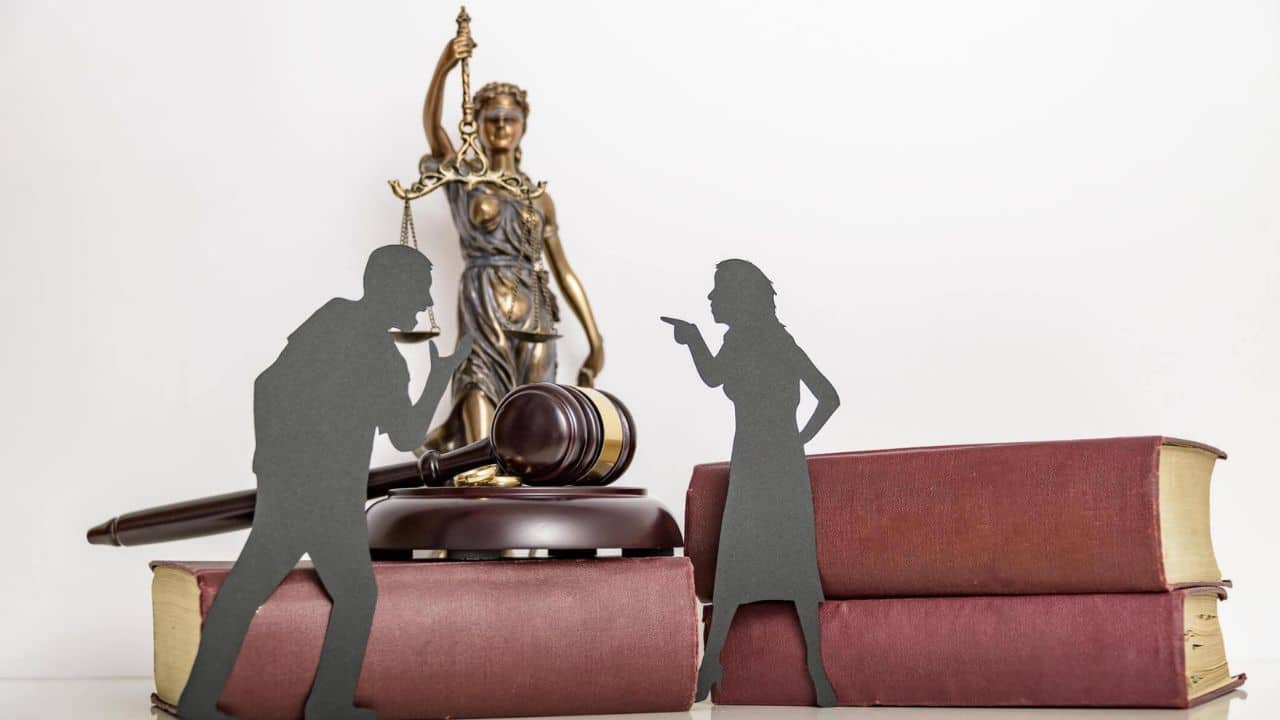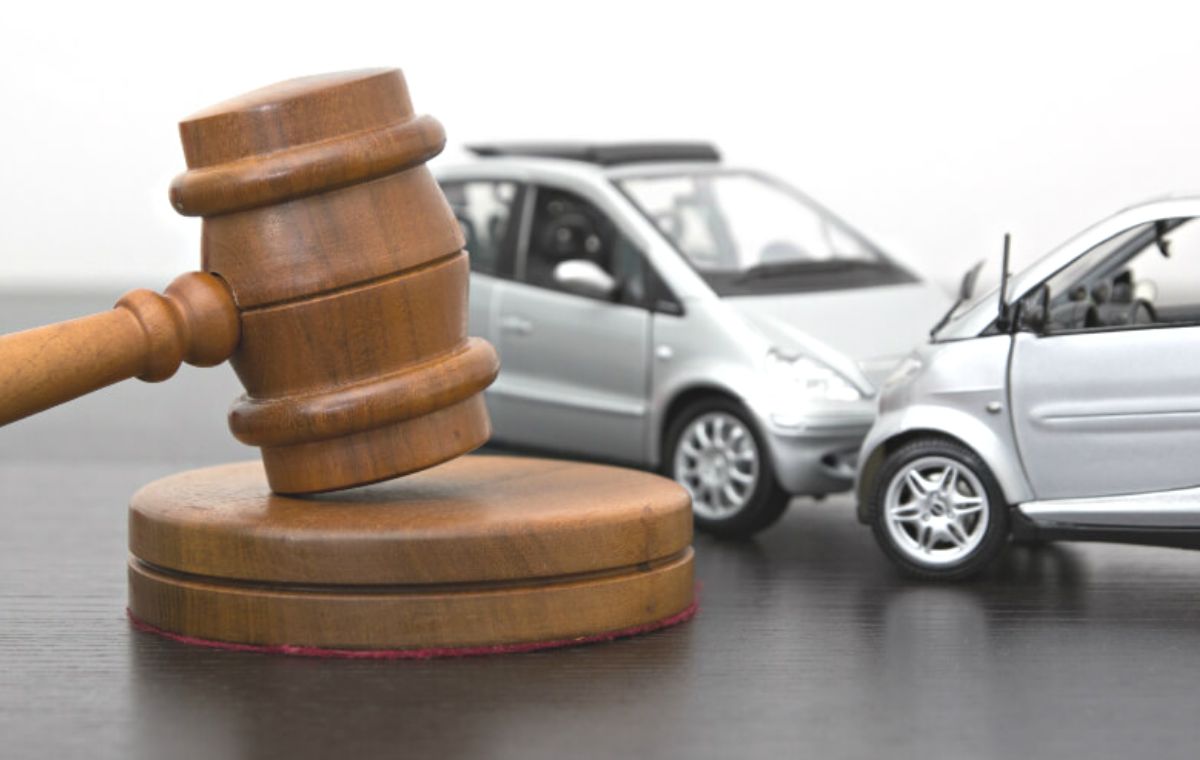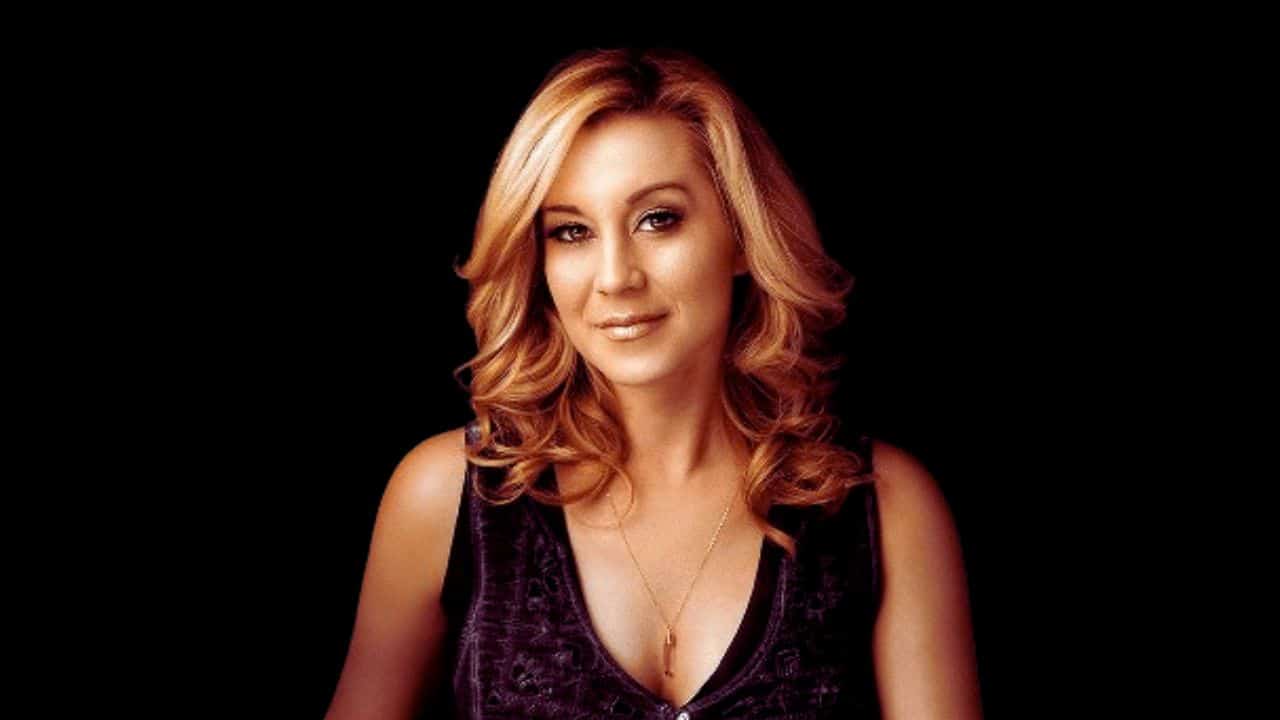When you think of lawyers, the first thing that might come to mind is the Hollywood-like criminal lawyer, fervently defending his client who’s been accused of Murder One. If the lawyer can’t convince the jury of the defendant’s innocence, said defendant just might face the death chamber. It’s all very dramatic.
But there are also lawyers who don’t delve into the criminal justice system, but instead, litigate family feuds that can result from a loved one’s botched last will and testament. Fort Lauderdale probate lawyers, Florida Probate Law Firm, PLLC, define the probate process as so: probate is a court of the law-supervised process by which a deceased individual’s assets are identified and their beneficiaries are legally determined.
The process of probate is engineered to make certain all potential creditors have the opportunity to go after claims against the existing estate, plus providing “a forum for identifying the correct beneficiaries to receive the decedent’s property.”
But what happens when there are major mistakes in a decedent’s will? It can cause some major headaches and even feuds among family members.
According to a recent article, your last will and testament are likely one of the most crucial documents you will ever execute. It’s designed for you to direct your assets and property, debts, and guardianship where you choose after you die. It also allows you to appoint the executor of your choice who is, in theory, supposed to carry out your wishes on your behalf.
That said, way too many Americans do not have a proper will. Caring.com recently conducted a survey of 2,500 U.S. residents and found that two out of the three legal adults do not have a will. Why? The answer lies partly in procrastination and partly in the belief that they do not have enough assets to leave anyone—a dangerous assumption.
But aside from not making a will, here are some of the major mistakes estate lawyers see their clients make that often result in family feuds when it comes time to divvy up the decedent’s property and assets.
Assigning Co-Executors
The experts, PB Ritz Wills and Estates Lawyers Sydney attest that you most definitely need one trusted executor. Beyond that, you should have alternate executors. Many “testators” believe that it’s only fair to have all of their children share in the responsibility of managing the estate. But this is said to be a very bad idea. Since everyone is required to agree on all the aspects of the estate, arguments and feuds can erupt.
It’s a better idea to have an impartial party as the executor such as a family friend who can be trusted.
A Will Is All You Need to Avoid the Courts
If you are convinced you will totally evade the probate process just because you have a will, you are making a major mistake. Technically speaking, probate is the legal process of “administering a person’s estate” after he or she has died intestate. This means dying without a will.
But probate can occur when an individual dies even with a will since the will must be proven. Even though a proven will can be the ultimate guide in directing the allocation of property and assets, you might not avoid the probate process if some or even all of the assets are titled entirely in your name only.
You’re Too Vague Concerning Sentimental Value
Lots of aging parents will attempt to bequeath an equal share of both property and assets to all the kids. But that doesn’t mean all the kids are standing on equal footing when it comes to finances and their desires.
In other words, leaving equal shares for all kids leaves out the option of one adult child offering to purchase a property from his or her siblings, or asking for a specific item that might contain a special sentimental value, such as a piece of jewelry.
Overly sentimental parents who are in the process of making out their last will and testament all too often assume the kids will work things out among themselves when you are gone since they appear to get along so well while you’re alive. But when people, especially parents pass on, relationships between siblings change.
Say the experts, money changes people. Again, adult children who appeared to get along so well when they were among the living might not get along after you die. You won’t be there to determine who is right and who is wrong, meaning you won’t be there to act as a mediator between them.
In the final analysis, it’s a best practice to establish your last will and testament as soon as possible. But you should also hire a reputable estate planner who can guide you toward creating a rock-solid and equitable will that won’t require probate and therefore avoids family feuds.













































